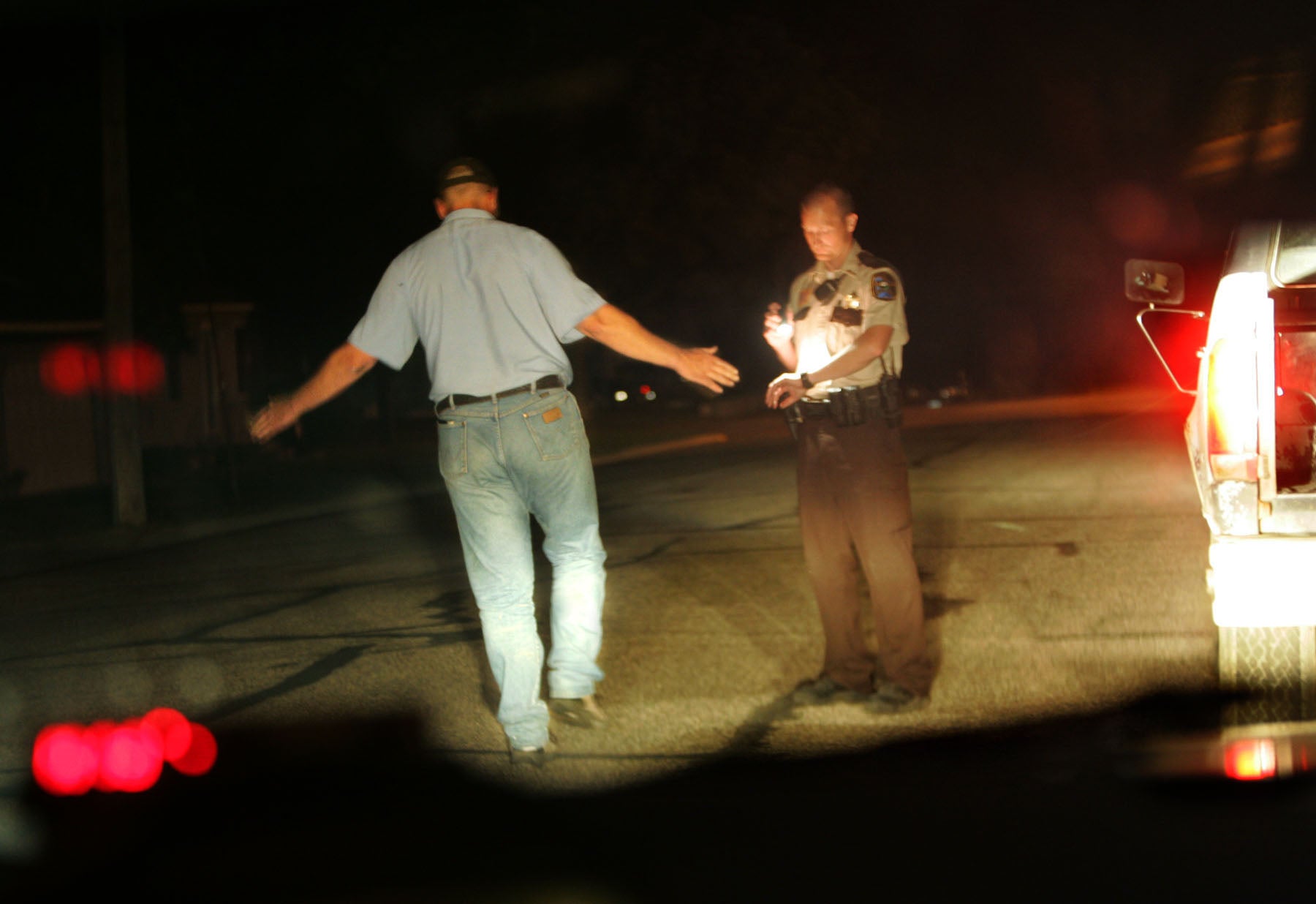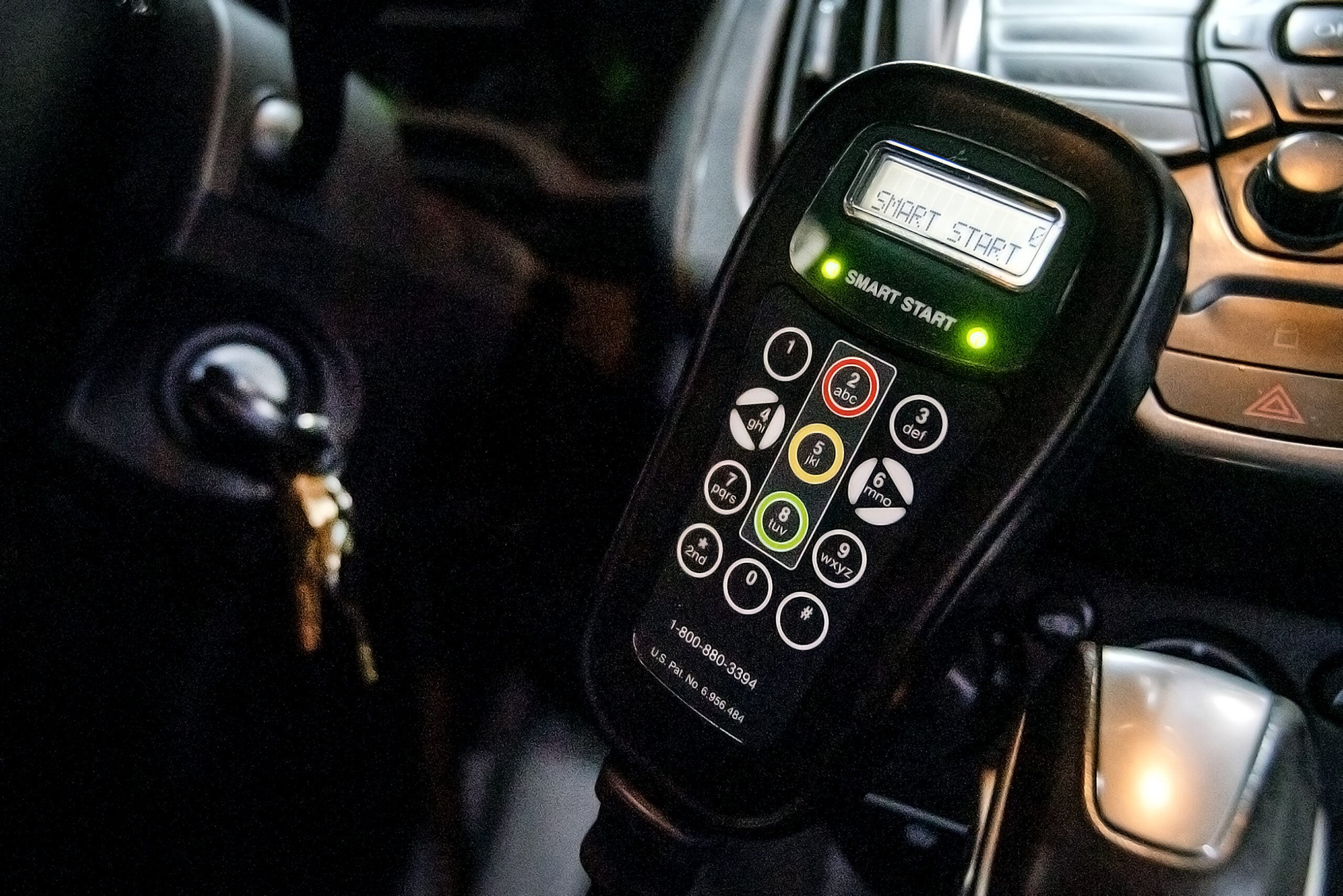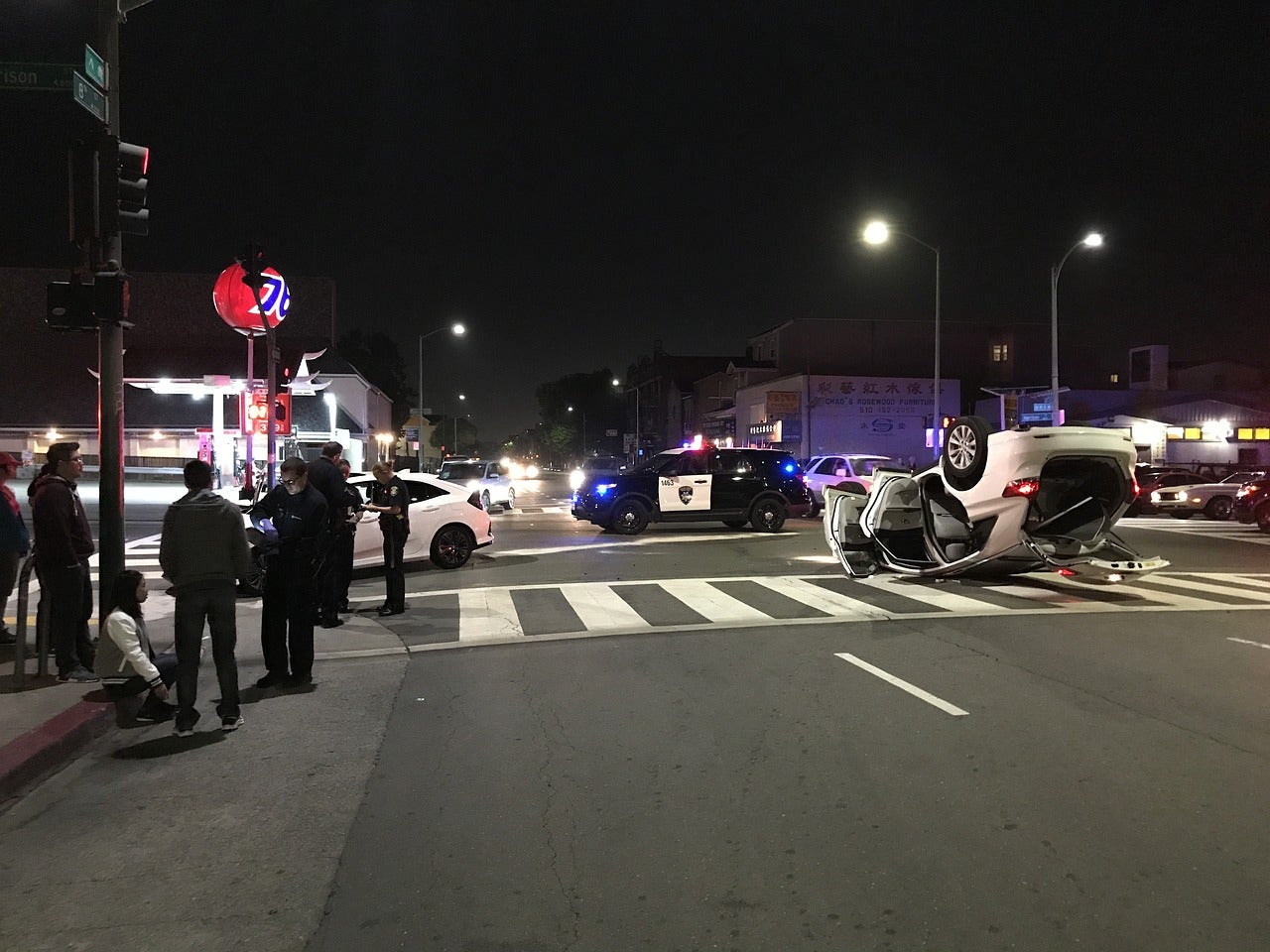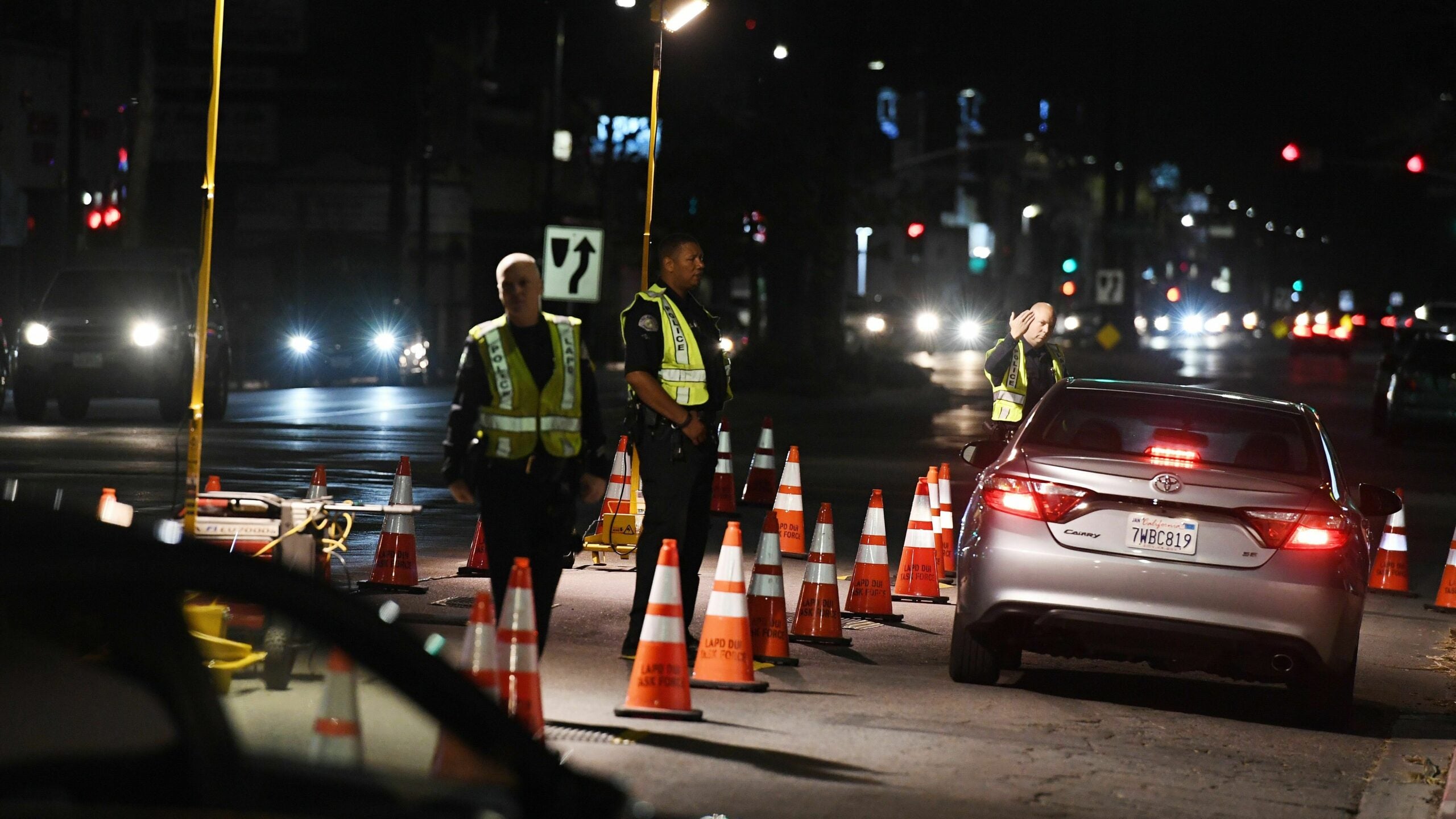Wisconsin received two out of five stars for its drunk driving laws in a new report by Mothers Against Drunk Driving.
The nonprofit gave Wisconsin a half star for its administrative license revocation policies and a half star for its child endangerment law. The state received a full star for its no refusal law, which criminalizes drivers who refuse to take a chemical test.
Wisconsin received no stars under the sobriety checkpoints section and the all-offender interlock law section.
Stay informed on the latest news
Sign up for WPR’s email newsletter.
An ignition interlock device is a tool requiring an offender to blow into a breathalyzer before starting his or her car. Wisconsin requires interlock devices to be installed in cars of first-time offenders who have a blood alcohol concentration of 0.15 or higher, nearly twice the legal limit of 0.08.
Frank Harris, director of state government affairs at MADD, said if Wisconsin required interlock devices for all first-time offenders, it would have gotten a full star.
“There’s 28 states, plus Washington, D.C., that have all-offender ignition interlock laws in place, and these laws are proven to reduce drunk driving deaths by up to 50 percent,” Harris said.
The penalties are doubled in Wisconsin for driving drunk with a child passenger who’s under age 16. It’s also a criminal misdemeanor.
MADD believes driving drunk with a child in the car is a form of child abuse, Harris said. Wisconsin would have received a full star if the crime was a felony.
Harris also said it’s important for Wisconsin to establish sobriety checkpoints, because data shows they’re an effective preventative measure.
“After sobriety checkpoints are performed, they are proven (to) reduce drunk driving deaths by 20 percent,” Harris said.
In 2015, there were nearly 24,000 convictions for drunk driving in Wisconsin, according to the state Department of Transportation. Alcohol-related car crashes killed 190 people and injured nearly 2,900 that same year.
The number and rate of alcohol-related crashes has decreased over the past five years in the state, according to the DOT. However, they reported alcohol is still the single greatest driver-contributing cause of fatal crashes.
The state legislature passed a law during its last session making a driver’s fourth drunk driving offense a felony. Before, it was only a felony if the fourth offense was within five years of a previous one.
Wisconsin Public Radio, © Copyright 2024, Board of Regents of the University of Wisconsin System and Wisconsin Educational Communications Board.






